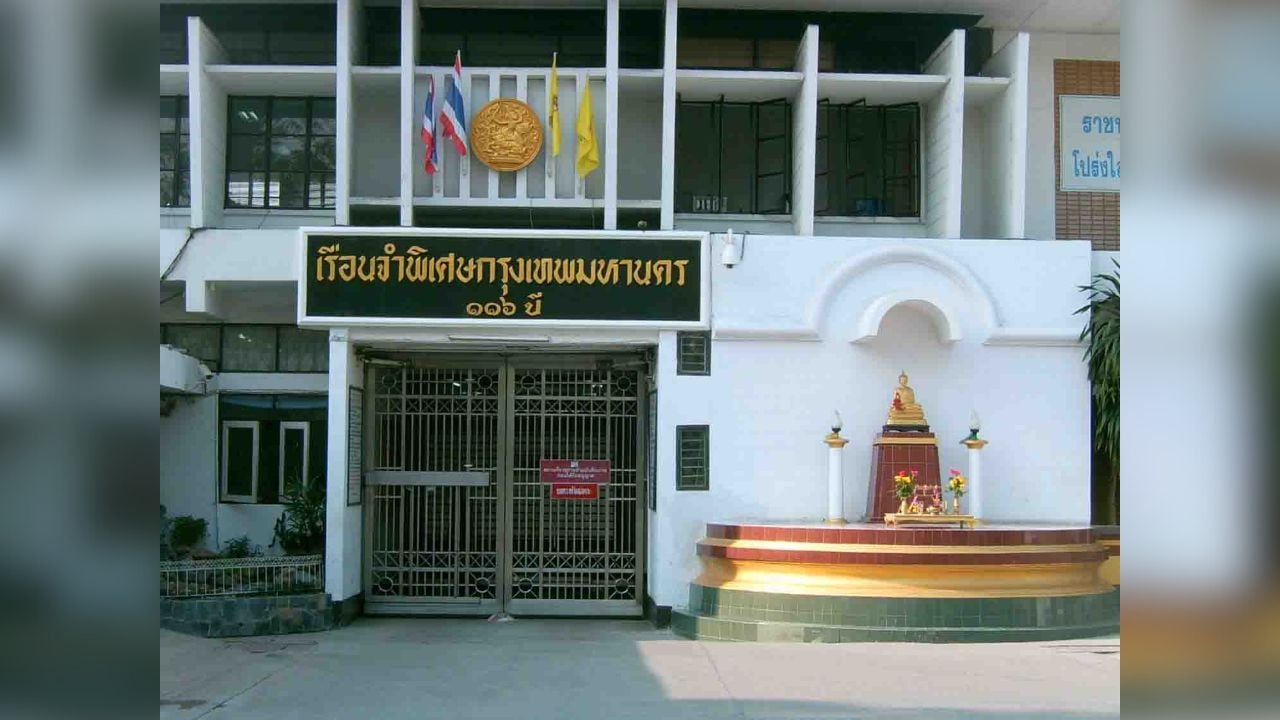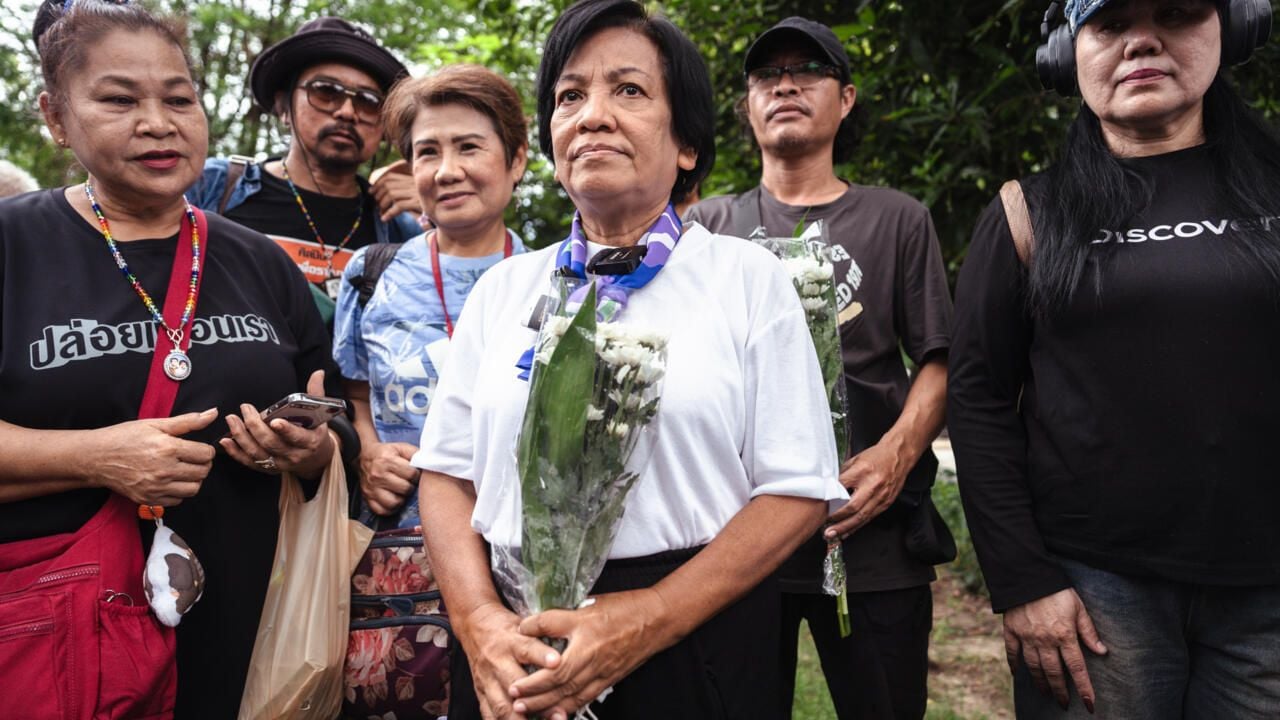Thailand grants royal pardon to jailed activists and artists
Mum jailed while pregnant and rapper among those released in surprise amnesty move

Thailand has released several high-profile prisoners jailed under the controversial lese majeste law following royal pardons issued earlier this year, with activists, artists, and even a mother jailed while pregnant among those walking free.
The mass release, which began on Wednesday, August 27, was confirmed by the Corrections Department. Those freed include those convicted under Section 112 of the Criminal Code, which criminalises defamation of the monarchy, as well as others jailed for protest-related offences linked to the youth-led Three-Finger Movement.
Among the first to be released was 65 year old Anchan Preelert, a former civil servant sentenced to a staggering 43 years and six months for sharing 29 audio clips from underground radio host Banpot, deemed insulting to the monarchy. She walked free from Bangkok’s Central Women’s Correctional Institution after serving eight years, four months, and 19 days.

Internet Law Reform Dialogue (iLaw) also confirmed the release of Thanaporn (surname withheld), who was convicted for commenting on a Facebook post while pregnant. She later entered prison with her newborn and served 458 days, just over 15 months, at Thonburi Women’s Correctional Institution.
Thai Lawyers for Human Rights (TLHR) reported the release of hip-hop artist Thanayut Na Ayutthaya, known as “Book” from the group Eleven Finger. He had been jailed for possessing explosives during the Thalu Gas protests and was sentenced to two years and six months. Thanayut had served nearly 23 months behind bars since his arrest on September 22, 2023.

Later that day, iLaw confirmed the release of two more Section 112 prisoners, Kanun Poomphuengphut and Sombat Thongyoi, from Bangkok Remand Prison. Kanun had been jailed for 521 days following a public speech deemed offensive to the monarchy, having been arrested on March 25 last year, reported Bangkok Post.
These releases come amid growing international and domestic scrutiny of Thailand’s lese majeste laws and their use against political dissenters.
Meanwhile, efforts to grant amnesty to lese majeste offenders have stalled, as Parliament hesitates on reforming Thailand’s most controversial law. Despite backing from the House Committee on Peace Building to revise Section 112 of the Criminal Code, no formal proposals have been submitted, leaving current amnesty conditions unchanged.
Latest Thailand News
Follow The Thaiger on Google News:


























